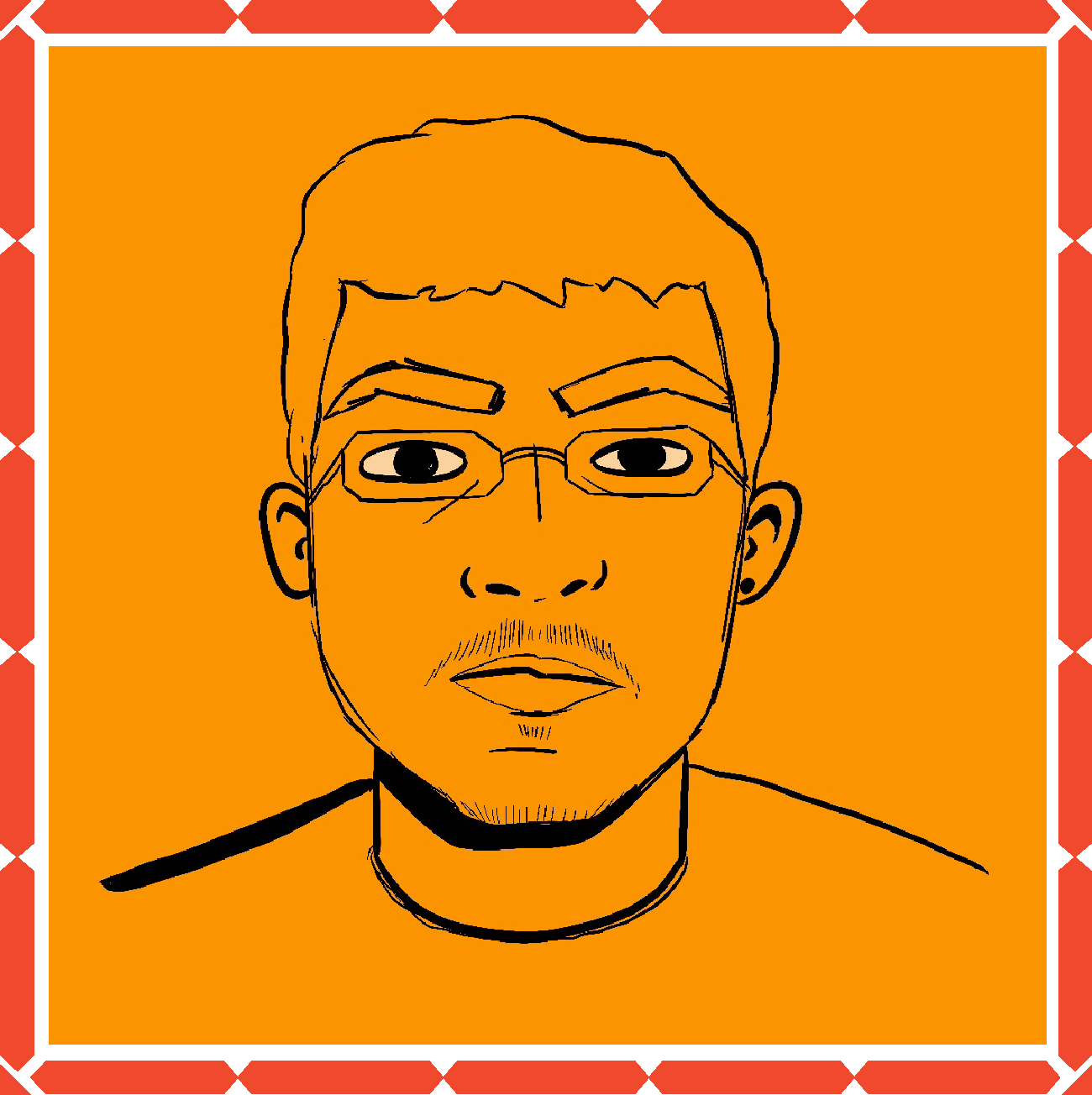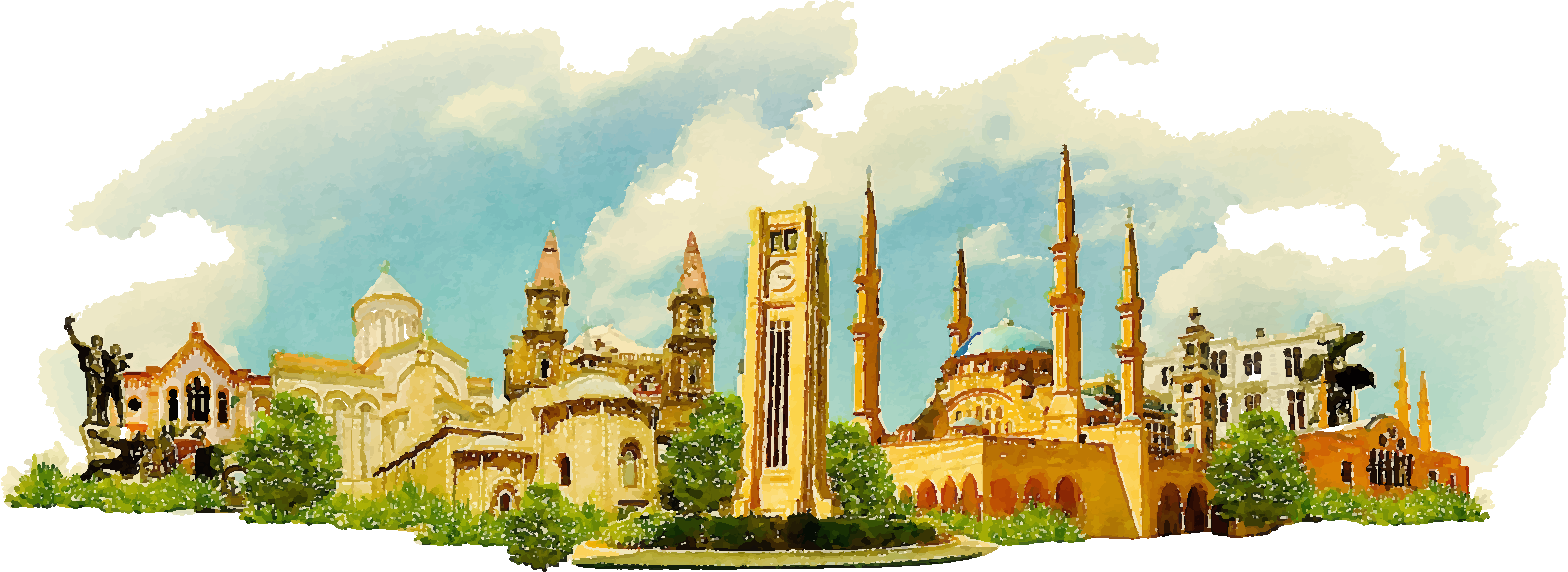

n August 4, 2020, Beirut was ravaged by a giant explosion

caused by tons of ammonium nitrate that had been irresponsibly stored in the city’s port for years, like a ticking time bomb. The blast coincided with both the coronavirus pandemic and an ever-worsening economic crisis, the effects of which were only exacerbated by the tragedy. Thousands were injured and hundreds died, while many more were left with businesses and homes reduced to rubble. For many in Beirut’s queer community, it meant the loss of safe places to gather. But as the community supported itself before the blast, it continued to do so after. LGBTQ-run NGOs like Haven for Artists and Helem stepped up—despite Helem’s own community center being damaged—to support the most marginalized after the blast, including migrant workers. From the community, the Queer Relief Fund was born, which has since repaired dozens of homes and provided rent relief for queer folks in Beirut. While the explosion quickly disappeared from global headlines, its consequences are still shaping the lives of many queer Lebanese people. Jad Wadi, a 23-year-old artist and community volunteer from Beirut, shared how it changed his life. — REINA SULTAN


Jad Wadi, Self Portrait
All of my pre-teen years were spent in Saudi Arabia. It's funny to think I grew up in a setting surrounded by folks from all corners of the world and I, too, was a Lebanese expatriate for all that time. Moving to Beirut right when my hormones started to kick in definitely had my brain rewired and affected the way I viewed the world. It wasn't as simple as being Lebanese somewhere else. When we moved to Beirut, I continued my education in Achrafieh, at a French school in a largely Christian area.
In 2018, I started my work with the local NGO Haven for Artists, well known for its advocacy for queer and feminist empowerment. I volunteered as a visual artist and graphic designer, helping the organization better reach our peers. The physical space would be used as a safe environment to share ideas and be seen, but was also a place where we could have the opportunity to showcase queer works, host events, or even take part in a residency program within safe walls. From there, I was quickly involved in projects with other NGOs with a similar focus, such as Helem and the Arab Foundation for Freedoms and Equality (AFE).
In addition to volunteering, my personal work as a visual artist started to reflect my identity as a Muslim Lebanese Arab trans man, leading up to a short essay film I directed and animated in 2019. It is currently screening in festivals to encourage discourse around what it's like to be queer outside of portrayals of western media and pop culture —and also to build new platforms by Arab queers for other Arabs, as resources are still limited.
Before the blast or even the COVID-19 pandemic, we would hang out in coffee shops, libraries, small theaters, pubs, and nightclubs. It’s important to note that all of these cultural spaces existed within the gentrified areas of the capital. It would be extremely dismissive to talk about the queer community in Lebanon without addressing the privileges behind those who can access these spaces. Although there is now a growing, continuous effort to expand volunteer and advocacy work outside the realm of gentrified Beirut, it continues to be a big challenge due to the language and the socio-political barriers many of us grew up with.
After the blast, we came back to our spaces only to find them gone and broken to pieces. Some of them decided to close their doors due to heavy losses and/or bankruptcy. Others, including the founders of Haven for Artists, have opened their personal homes to assist the community as much as possible. This required the team to reach out to more donors and funds that would go back to new artistic manifestations in hopes to regain some strength locally. With Haven for Artists, their work also included safely picking up migrant workers that were heavily affected by the economic crash and providing shelter, food, and donated clothes to as many people as possible.
A week after the damage, we began gathering again on the streets, as we had done in the beginnings of a revolution in October of 2019. I'd say there was definitely hope to return to the enthusiasm of October 2019, but this time was very different. Older folks feared for their safety and could no longer join us; we were very easily triggered by false alarms, sirens, and the inevitable tear gas tanks used to silence protestors only days after the blast. It was pure disbelief, disgust, and a big sense of defeat. Many sat on the floor, cried, called their friends and family to go back home or seek shelter. No chants or slogans resonated as much as they had the previous fall. It felt like our voices were strained, but our anger kept getting louder. A month after the August blast, Lebanon saw thousands of its people flee the country with little to no means of survival either by immigration or by finding sponsorship. This, too, continues to depend on what kinds of papers you own, making you "eligible" to leave or not.
I kept a full time job in animation that I began around the time of the October 2019 protests, but I found myself losing all of my income earned in 2020 due to the crash and blockage of bank accounts nationwide. Right before the August 2020 blast, I had begun my hormone replacement therapy after years of waiting. Shortly after, my single doses were scarcely available and imported for about 300,000 LBP each (about $200 at the time). This was, obviously, extremely hard to obtain. Other trans people and I then had to rely on donation suitcases filled with prescription medication that came from expatriates living in Europe, mostly. Social media played the biggest role in connecting with folks outside of Lebanon. We scanned our prescriptions, some translated them by hand in hopes that they would be accepted with bribes at pharmacies abroad. I remember texting folks between London and Paris and then coordinating with queer folks on WhatsApp and Facebook to figure out who needed what. Eventually, I was unable to finance myself, access proper healthcare, and rent a place outside of my conservative parents’ house (to safely transition), so I had no choice but to find someone to host me abroad.
It is necessary to understand the heavy emotional damage this has done to the queer community who already had little to no means of safety accessing the streets of their country, let alone their own homes. I find myself here, in California, completely physically detached, surrounded by liberals who unknowingly fetishize, orientalize, and dismiss the true nature of these events. It becomes insulting to have our resilience romanticized instead of deeming it as completely traumatic and avoidable.
People assume me being here must feel like heaven surrounded by nature, and people still say it must've been so hard living "with no rights there.” There is nothing worse than them believing I have now found peace by fleeing my home to then exist in a place where individualism, capitalism, white supremacy, and Eurocentric standards prevail. Moving to the US has done nothing but make me all the more hopeless and isolated. Nothing saddens me more than the post-colonial influence the US has made on the Global South, where we’ve been spoonfed American propaganda to this day.
To support queer and migrant Lebanese people affected by the blast, considering donating to ARM Lebanon, Live Love Lebanon, and Marsa Sexual Health Center.





